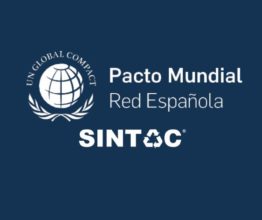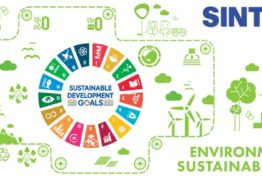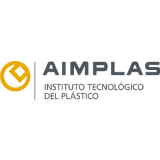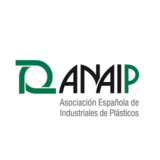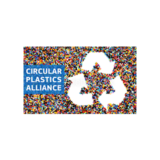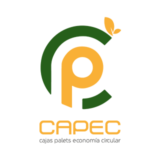Sintac Recycling, among the 300 Spanish companies signing the agreement for a Circular Economy
SINTAC RECYCLING, AMONG THE 300 COMPANIES SIGNING THE AGREEMENT FOR A CIRCULAR ECONOMY
The logo and trademark of SINTAC RECYCLING already appears counts on the website of the Ministry for Ecological Transition, as one of the 300 Spanish signing companies of the Pact for a Circular Economy.
https://www.mapama.gob.es/es/calidad-y-evaluacion-ambiental/temas/economia-circular/20180702entidadesconfirmadas_tcm30-428891.pdf
The commitment of SINTAC RECYCLING for the environment, as one of the most international Spanish recyclers, and the high quality of its recycled plastics, together with the traceability of its products, has led the Valencian company to assume the commitments of promoting the transition of the Spanish economy towards a circular economy.
The signatories of the pact commit themselves to & nbsp; promote the transition to a circular economy through the following actions:
1. Advance in the reduction of the use of non-renewable natural resources, reusing in the production cycle the materials contained in the waste as secondary raw materials as long as the health of the people and the protection of the environment are guaranteed.
2. Promote the analysis of the life-cycle of products and the incorporation of eco-design criteria, reducing the introduction of harmful substances in their production, facilitating the reparability of the goods produced, prolonging their useful life and enabling their recovery.
3. Encourage the effective application of the principle of hierarchy of waste, promoting the prevention of its generation, encouraging reuse, strengthening recycling and promoting its traceability.
4. Promote guidelines that increase innovation and the overall efficiency of production processes, through the adoption of measures such as the implementation of environmental management systems.
5. Promote innovative forms of sustainable consumption, including sustainable products and services, as well as the use of digital infrastructures and services.
6. Promote a model of responsible consumption, based on the transparency of information on the characteristics of goods and services, their duration and energy efficiency, through the use of measures such as the use of the eco-labeling.
7. Facilitate and promote the creation of adequate channels to facilitate the exchange of information and coordination with administrations, the scientific and technological community, and economic and social agents, so as to create synergies that favor the transition.
8. Disseminate the importance of moving from the linear economy towards a circular economy, promoting transparency in the processes,as well as the sensitization of the citizens.
9. Encourage the use of common, transparent and accessible indicators that allow knowing the degree of implementation of the circular economy.
10. Promote the incorporation of social and environmental impact indicators derived from the operation of companies, in order to evaluate beyond the economic benefits generated in them, as a consequence of their commitment to the circular economy.
